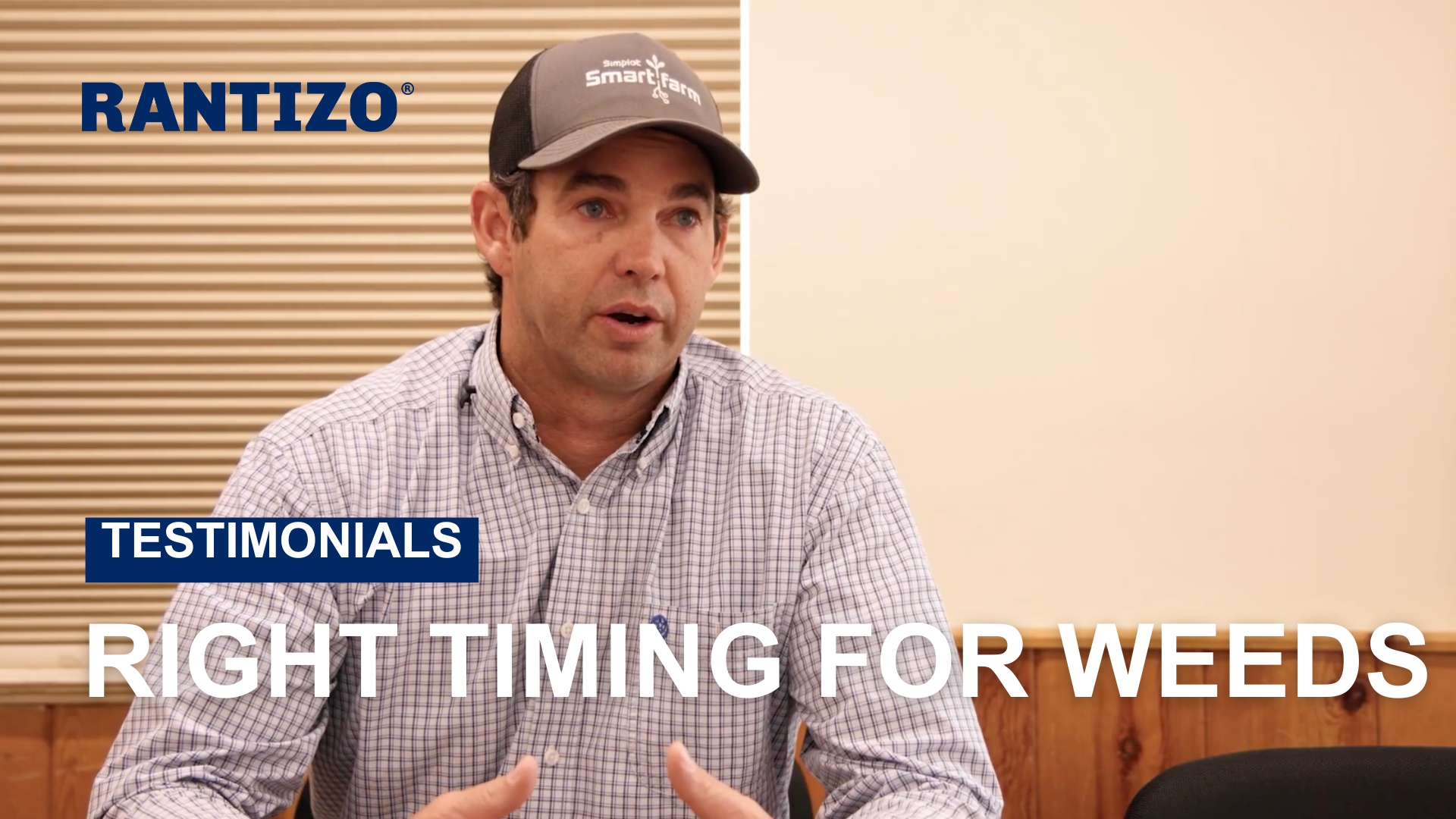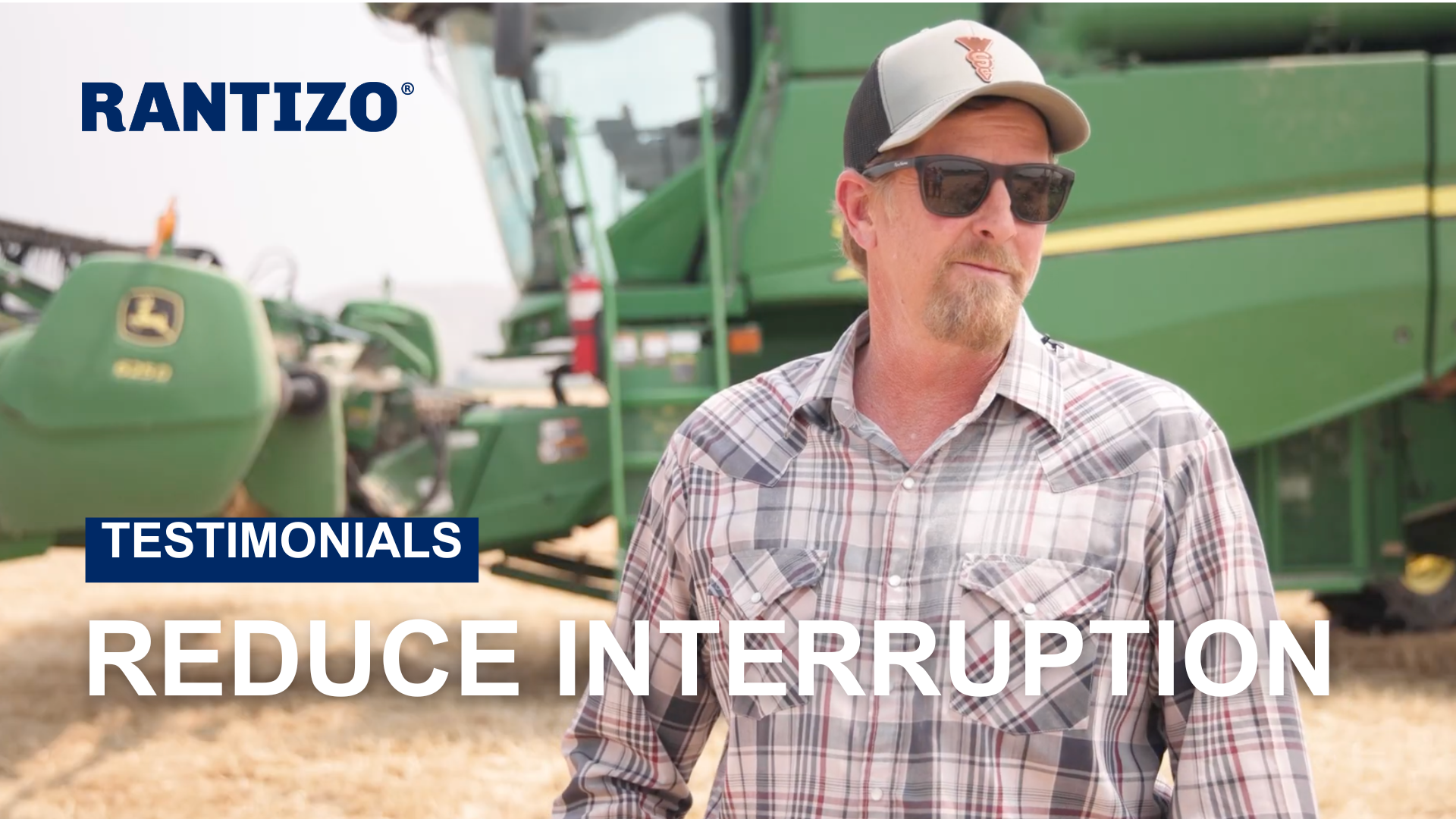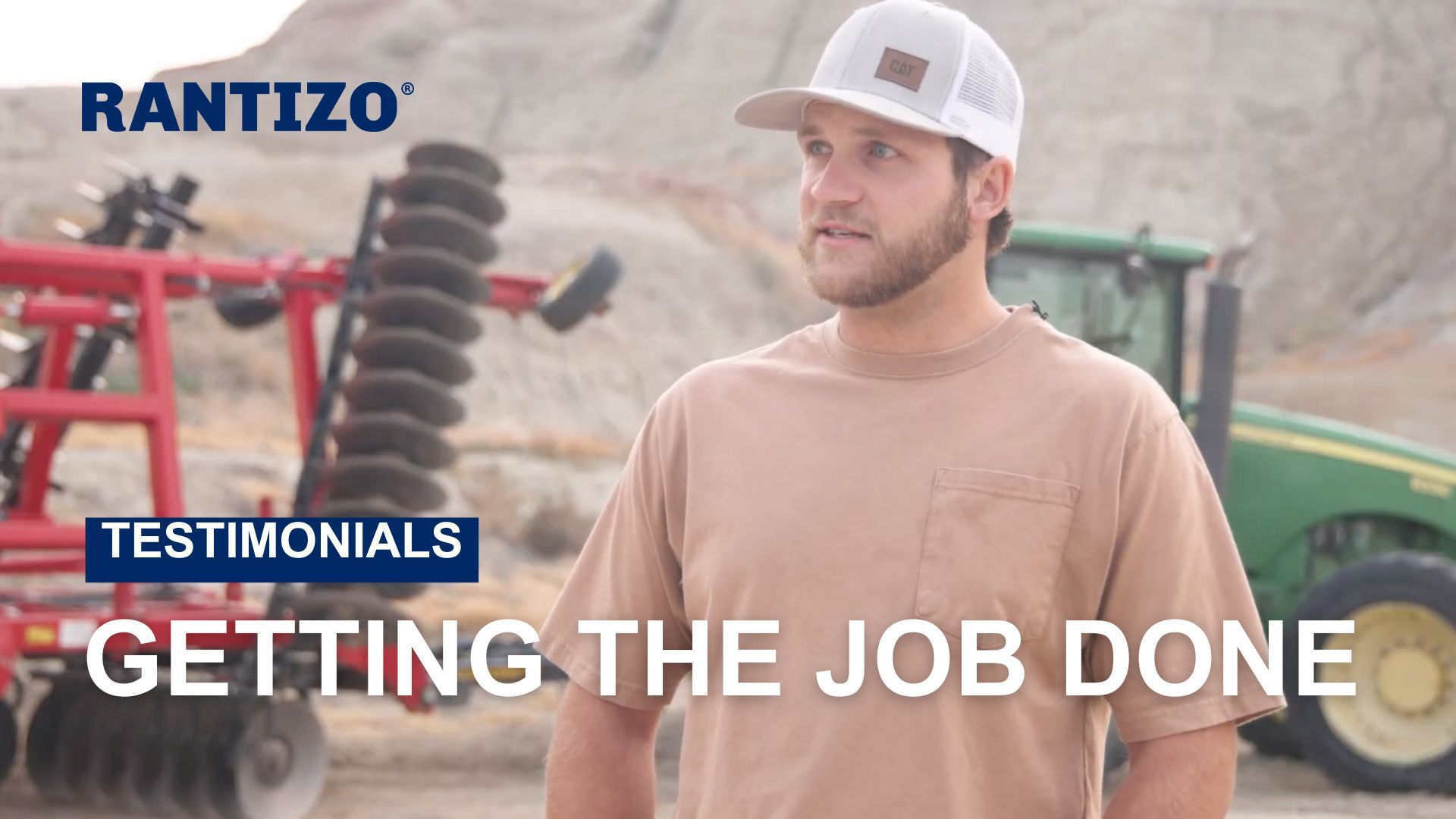RESOURCES
10 Questions to Ask When Exploring Spray Drone Insurance
April 18, 2024
No matter how careful you are, accidents can and do happen.
Whether it’s a sudden equipment failure, unexpected weather changes, or an unforeseen obstacle, your spray drone and business could be at risk. With the right insurance, you can operate with confidence, knowing that you’re covered should anything go wrong.
When exploring drone insurance options, it’s crucial to ask the right questions to ensure you have the coverage you need.
Here are ten important questions to ask your insurance agent:
1. WHAT TYPES OF COVERAGE DO YOU OFFER?
Different insurance providers offer various types of coverage. Some companies only offer basic coverage or liability-only coverage. Others offer comprehensive coverage that includes damage to the drone and liability for bodily injury and property damage.
Bottom line: Ask for a comprehensive insurance policy, so you’re prepared for unexpected incidents. It provides a safety net, protecting you from significant financial loss and helps you get back to business as quickly as possible.
2. IS AGRICULTURE COVERAGE INCLUDED?
While there are many “drone” insurance options available, many of them offer zero agriculture coverage. It’s important to find insurance that provides comprehensive chemical coverage.
Bottom line: Make sure comprehensive chemical coverage is included before buying. This safeguards you from harm to treated crops or neighboring fields, and property damage or personal injuries resulting from chemical exposure.
3. ARE THERE ANY EXCLUSIONS OR LIMITATIONS IN THE POLICY?
Some policies limit or exclude coverage on certain chemicals, types of damage and coverage under specific circumstances. For example, some policies exclude chemicals like Glyphosate, Picloram, and Tordon or a policy might not cover damage caused by operator error or limit coverage to incidents that occur during commercial use.
Bottom line: Make sure to ask if any chemicals are not covered by the policy – especially Glyphosate, Picloram, and Tordon.
4. WHAT IS THE COVERAGE LIMIT AND DEDUCTIBLE FOR EACH TYPE OF COVERAGE?
Coverage limits and deductibles can vary greatly between policies. Some policies may offer high coverage limits but come with high deductibles, while others may offer lower limits with lower deductibles. Understanding these details can help you choose a policy that fits your budget and coverage needs.
Bottom line: Ask if a low deductible, high coverage policy is available.
5. ARE THERE ANY SPECIFIC REQUIREMENTS OR RESTRICTIONS ON COVERAGE, SUCH AS PILOT CERTIFICATION OR DRONE REGISTRATION?
Some insurance providers may require drone operators to hold certain certifications or register their drones to be eligible for coverage. Be sure to check if there are any such requirements before buying a policy.
Bottom line: Understand what certifications and registration requirements are needed to be covered (ex: A remote pilot certificate with a small UAS rating as required by FAR Part 107)
6. HOW ARE CLAIMS PROCESSED AND WHAT IS THE TURNAROUND TIME?
The claims process can vary between insurance providers. Some may offer quick, online claims filing and processing, while others may require claims to be filed by mail and take longer to process. Understanding the claims process can help you choose a provider that offers the level of service you need.
Bottom line: Downtime is lost income. Make sure you know how quickly your claim can be processed.
7. WHAT IS THE PROCESS FOR ADDING MORE DRONES TO THE POLICY?
If you plan to add more drones to your fleet in the future, it’s important to understand how to add them to your policy. Some policies may only cover one type of drone (ex: DJI, but not XAG) or may only include certain models (ex: T40, but not T30).
Bottom line: Make sure it is easy to add more drone models if you plan to expand your business.
8. HOW RESPONSIVE IS CUSTOMER SUPPORT, ESPECIALLY IN CASE OF EMERGENCIES OR CLAIMS?
In case of an accident or claim, having responsive customer support can make a significant difference. Be sure to ask what options are available while the drone is being repaired.
Bottom line: After an accident, make sure you’ll have a responsive team that understands your business and can help you get back in the air quickly. Ask if a drone rental option is available and what their replacement policy is.
9. HOW MUCH COVERAGE DO I NEED?
Determining how much insurance coverage is needed can depend on various factors. Always discuss the crops you will be spraying, and the cost of a potential drift claim to ensure adequate financial protection.
Bottom line: The cost of a drift claim on any crop can lead to financial loss. However, a drift claim on a corn crop will be relatively low compared to a claim on almonds, apples or other specialty crops can have significantly more value per acre. Make sure your policy has liability limits that provides the coverage you need.
10. HOW DOES THE COVERAGE COMPARE TO A RANTIZO SUBSCRIPTION PACKAGE?
Rantizo Fly More Subscriptions and Insurance + AcreConnect™ software bundles provide insurance coverage priced per drone with comprehensive chemical and aircraft liability coverage that includes bodily injury and property damage at a low deductible with high coverage limits.
Bottom line: Get a quote from Rantizo before you buy from someone else.
By asking these questions, you’re arming yourself with the knowledge to make an informed decision. The
right insurance policy
provides peace of mind, risk mitigation and financial protection as you use your drone.
To explore insurance options available within Rantizo subscription packages or
request a quote, visit
Rantizo.com/Our-Services.
share this
past blog posts
Related blogs

The right timing of herbicide applications is crucial for crops’ growth stage. Camby Reynolds with Simplot Grower Solutions knows this well for his customers. With drone spraying, he’s able to find the best time for applications for weed management, maintain irrigation, all while maintaining the overall crop growth. Learn more about how he’s implemented spray drones with ground rigs and airplanes in the Bighorn Basin in Wyoming: https://www.rantizo.com/aerial-applications-integrating-spray-drones-and-airplanes-into-a-crop-protection-plan

Wyoming farmer John Busch knows firsthand the importance of maintaining irrigation efforts in the Bighorn Basin. Receiving less than 14 inches of rain per year, irrigation is critical. Spray drones have allowed him to spray his fields while keeping the water running. Read more about spraying on irrigated acres in our blog: https://www.rantizo.com/spray-drones-offer-unique-benefits-on-irrigated-acres



